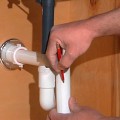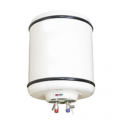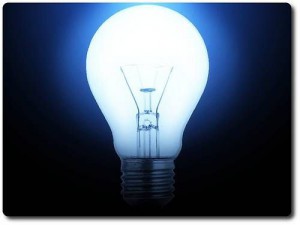
Saving electricity means that we should use it when necessary and should avoid wasting it. There are many ways of saving electricity like turning off lights when leaving a room, replacing conventional bulbs with energy saving bulbs and use of other appliances that use less energy.
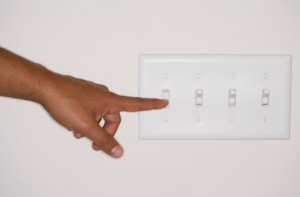
Turn off the Unnecessary Lights before Leaving, Use Task Lighting-
Two 100-watt incandescent bulbs switched off for an average of two hours per day could save. Turn off ceiling lights and use table lamps, track lighting and under-counter lights in work and hobby areas as well as in kitchens.

Save Energy in the Kitchen-
You will reduce the heat in your home and save on your home cooling costs. Thaw frozen food in your fridge to reduce cooking time. When you are cooking, use the microwave when you can, it uses much less energy than an electric oven. If you use the stove, keep lids on your pots to reduce cooking time. Use the economy cycle on your dishwasher and only run it when it’s full.

Run your Fridge Efficiently-
Your fridge is always on, make sure the door seal is tight and free from gaps so cold air can’t escape. An ideal fridge temperature is 4 or 5 degrees and an ideal freezer temperature is minus 15 to minus 18 degrees Celsius.

Shut Doors and Close Curtains-
Heating or cooling the whole house can be expensive. Where possible, shut doors to areas you are not using and only heat or cool the rooms you spend the most time in. Make sure your curtains or blinds seal your windows properly, and keep your curtains closed at night, and during the day when there is a heat-wave. Block droughts around doors and windows to stop air leaking out, or in.

Save your Electricity Better Tomorrow-
Use more Natural Lighting-Letting your house flood with natural light instead can lead to big electricity savings Unless you need strong, focused light to complete a particular task, try leaving the lights off during the day and embracing the sun’s rays in the rooms you’re using. Try to set up your family’s daytime work and play space in the brightest room in your house. That way everyone can read, work on art projects, use computers, and so on without relying on artificial lighting.
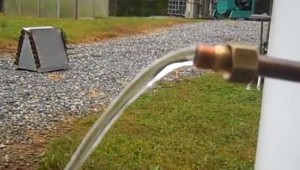 Useless Hot Water-
Useless Hot Water-
Heating water requires a lot of electricity; the more hot water you use, the more your water heater has to produce to keep up. Using less hot water on a daily basis is an important way to conserve energy. Start these new hot water-saving habits. Wash your clothes with cold water unless you’re doing a load of clothes that is caked in dirt, it’s not necessary to Use Candles Instead of Electric Lights a Few Times a Week-You don’t have to wait until a summer thunderstorm knocks out the power to break out the candles. Choose a night or two a week to leave the lights off and light your family’s way with sturdy, slow-burning candles that cast a fair amount of light. Kids will find it exciting, and over time you’ll save electricity and cash.
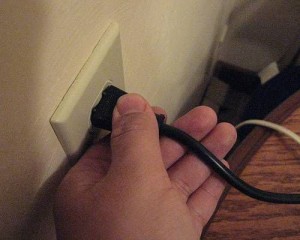
Unplug everything-
Standby power can account for 10% of an average household’s annual electricity use. Unplug unused electronics and save. Making a habit of unplugging these items when they aren’t in use saves a lot of energy over time. Use hot water to wash them in fact, hot water wears your clothes out much faster. Take showers instead of baths. Filling a bathtub requires gallons and gallons of hot water; taking a shower uses much less.

Keep our House at a Lower Temperature in Winter-
You can save a lot of money by turning the thermostat a few degrees lower during the winter instead of heating your house until it’s toasty. Set it just low enough so that you’re still comfortable while wearing thick layers of clothing.
For more interesting and useful tips keep reading our blog.

